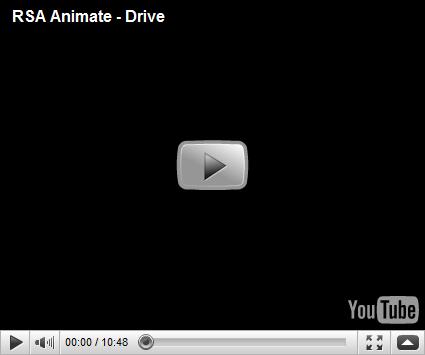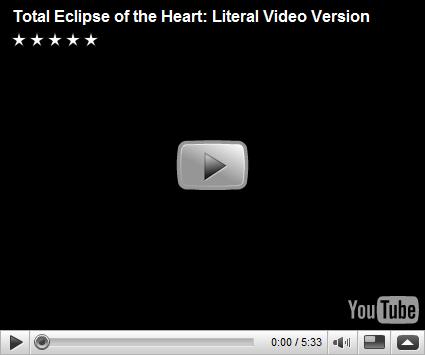Our epiphanies were someone else’s before us
Published under Anthropology, Interesting Random Stuff, Introspection May 02, 2016Back in 2011, when I gave a commencement talk at Trinity University, I spoke about the importance of “talking to yourself” and understanding yourself, of pausing to truly reflect about what gives you meaning. Of course this is not a revolutionary thought, and many Western thinkers have shared similar concerns in much deeper and more eloquent ways, though I feel the concern has gained critical importance as the internet and electronic devices increasingly inundate our lives and steal away any remaining time for us to connect with ourselves and “do nothing.” Then a while back (about 2 years ago, but I hadn’t gotten to blog about it, because I have no time to myself!) I came across this very interesting article in The Atlantic, sharing how Eastern/Chinese philosophies had shared similar concerns millennia ago. It goes to show me/us that all our revelations and lessons have precedent and all interesting thoughts have been had by someone smarter than us in the past. Part of what I want to adjust in my life is carving out time to be able to read more historical books, to soak up some of that wisdom.
Full article below:















![clip_image001[4] clip_image001[4]](http://blog.peaceworks.net/wp-content/uploads/Ridiculouslyoutdatedadvertisements_B3FE/clip_image0014_thumb.jpg)
![clip_image001[12] clip_image001[12]](http://blog.peaceworks.net/wp-content/uploads/Ridiculouslyoutdatedadvertisements_B3FE/clip_image00112_thumb.jpg)
![clip_image001[6] clip_image001[6]](http://blog.peaceworks.net/wp-content/uploads/Ridiculouslyoutdatedadvertisements_B3FE/clip_image0016_thumb.jpg)
![clip_image001[8] clip_image001[8]](http://blog.peaceworks.net/wp-content/uploads/Ridiculouslyoutdatedadvertisements_B3FE/clip_image0018_thumb.jpg)
![clip_image001[10] clip_image001[10]](http://blog.peaceworks.net/wp-content/uploads/Ridiculouslyoutdatedadvertisements_B3FE/clip_image00110_thumb.jpg)

